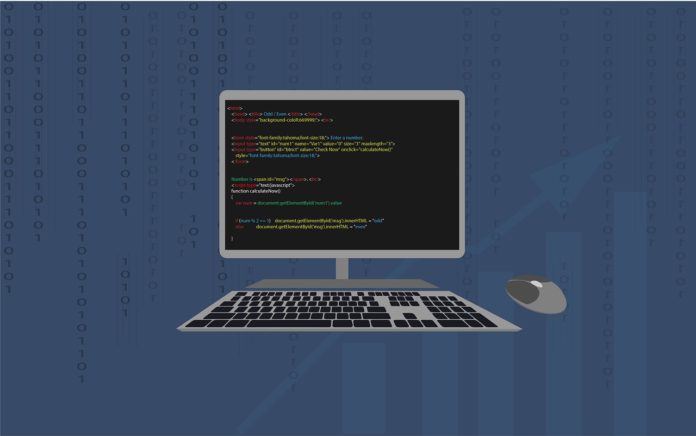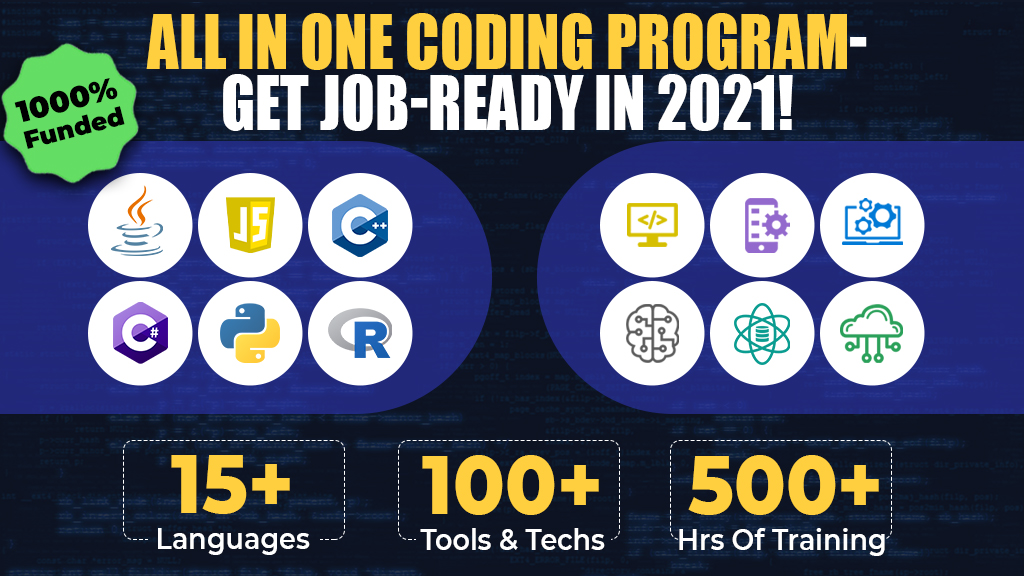Coding at its simplest basically means creating a language that computers can understand. This language comes in endless lines of code and let’s face it, it’s not that simple. Starting out your programming journey can come with a lot of uncertainties, and it will definitely take you tons of practice to get used to the complexities of code.
We will be discussing some tips and tricks mainly based on clean coding principles and other aspects that will make you a better coder than you are today. Just to specify these coding practices are only applicable for people who have just started out, if you are a professional coder and want to get a fresh perspective you can still take a scroll.
Before we get into it, if you are not aware, clean coding refers to making the code as readable as you can and increasing the signal-to-noise ratio. We have to make sure that there is not a lot of excess and distraction in your code. So let’s look into practices we can adopt to make our code more readable and fun.
1. Do not abbreviate your variables
It could be very obvious elements like you may choose to write ’email address’ as ‘e;’ or ‘password’ as ‘pwd;’ It may seem like obvious abbreviations however always avoid using them. When you are in your zone of coding, and come back a week later to work on the same code, you yourself may get confused about what those mean, and especially when you are working with a team, you cannot expect your team members to know exactly what you mean all the time.
There is an exception to this, you can still use some widely recognized abbreviations like HTTPS, URL, HTML, CD-ROM, etc. But otherwise, it may be time-consuming to decode your self-made abbreviations, so just stick to descriptively naming your variables.
2. Limit function arguments
It is not a great idea to have more than 3 function arguments. When a function is called later on in the code, we have to pass through a bunch of strings, and if your line of function argument goes all the way to the end of the screen it might get cut off. You can instead create a function that only takes one argument. And when you call that function, it will open an object which will have all the parameter names inside of the object properties, this makes it a lot easier and cleaner than when you add multiple arguments in the same function.
3. Simplify your conditional expressions
This can happen a lot with people who are just starting out, where they are obsessed with using if-else statements. It does actually feel pretty cool to use them once you learn them. But even when you are great with those it is better to just return the conditional expression directly. It would still mean the same thing, but you will save like six to seven lines of code, which may seem small at first but will impact your code overall. To give you an example:
function canPersonMarry(person) {
if (person.age < 21) {
return false;
} else }
return true;
}
Now becomes:
function canPersonMarry(person) {
return personAge >= 21;
}
Just this simple practice makes your code easier to read, and if you are working on a complex project, it saves a lot of time. So if you can return conditionals directly, don’t think about it, just do it.
4. Declare variables close to their usage
Sometimes we fall into the notion of declaring a lot of variables at the beginning of your code, so you can use it all throughout your code. This may seem like a very neat idea, but here’s why it’s not: if you are debugging or just working deep into your code while trying to use variables that you declared at the very top, it’s going to frustrate you a lot to constantly jump back on top to check the context of the functionality you are working on. So it is a great idea to give your brain a break and help it focus better by using variables very close to where they are going to be used.
Also Read: Learn about Variable Scopes and its Visibility in C# Programming
5. Avoid unintended consequences in functions
Let’s say you have worked out a function that says ‘add digits’ and there is digit x and digit y as your two arguments. So like the function suggests it needs to add the two numbers right? Sometimes people try to complicate functions by asking it to send an email with some text when that happens, it is pointless to complicate your functions like that. Try to keep it very simple. Your function name should denote what the function is supposed to actually do. You can create a different function if you want to code to do something else too.
6. Avoid long functions
Pressing on the previous point, it is a great idea to have one function do just one job. There are some functions which are about 500-800 lines! That is too much pressure you are putting on your brain. Wouldn’t you rather do one thing well than do a thousand things poorly? Having separate functions for separate jobs not only simplifies your code but also, makes it more readable and easy to avoid bugs.
7. Do not write Zombie Code
Zombie code is basically useless code that does not do anything but if someone decides to uncomment it, it will come alive. This happens on group projects where a developer decides to leave a snippet of code as a comment, thinking they might use it later. This is a risky move, because you will have nightmares while debugging, and wouldn’t know where it’s coming from! Plus, it’s going to be very distracting and will result in a low signal-to-noise ratio which obviously is not good. Never ever put zombie code in your production or your portfolio application, it doesn’t give off a great image. You should rather use source control like Git, to save codes that you do not want to delete.
8. Organize your code with indentation
Formatting and indentation are some great skills for any programmer to practice. You have to take care of spacing, wraps, breaks, and line length. Add proper tabs and white spacing to your code to make it a lot more readable. And this is completely subjective to your needs, there is no right way to indent your code, just see what works best for you. Whatever indentation rules you decide for yourself, make sure to stick to it throughout your website. Changing them mid-way can create unnecessary confusion.
9. Use IDE’s dropdown menu
This is a great way to ensure you are not making petty errors in your code. If you want to rename a variable, instead of going through your entire code and changing it one by one, just use the ‘refactor’ option to change all the calls of that variable name. You can also create getter or setter methods of your private variables with IDE options. This will make your code cleaner and give you less trouble while debugging.
10. Make maximum use of APIs
If someone else can do it, let them. There is no point in inventing the wheel twice. So wherever you can import a functionality just to it. Put your energy into code that actually needs you. However, while importing a library you do need to run a quick check if there will be no licensing issues. And if the source is reputable enough for you to trust it blindly. You can use APIs for small things like converting currency and don’t forget to document the API.
We hope you could gather a fresher perspective on coding, and found some practices that you can adopt in your work life. Are there any more coding practices you follow that will be beneficial for newbies, do mention in the comments below.
Happy Coding!










